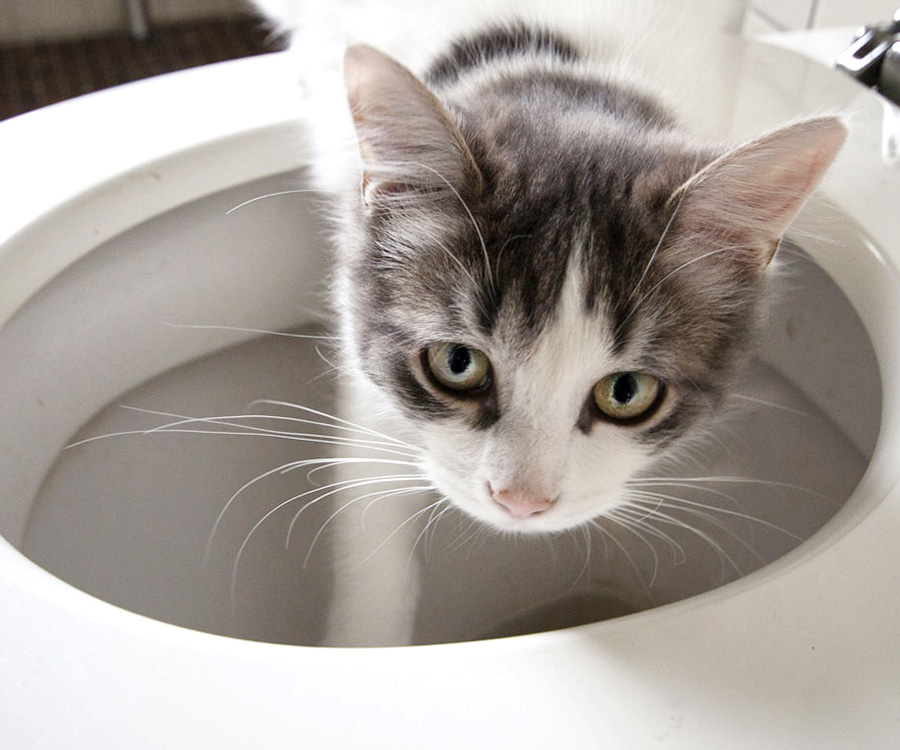Dangers of Disposing Cat Poop in Your Toilet - Precautionary Measures
Dangers of Disposing Cat Poop in Your Toilet - Precautionary Measures
Blog Article
They are making a few good pointers regarding How to Dispose of Cat Poop and Litter Without Plastic Bags as a whole in this article which follows.

Intro
As feline proprietors, it's vital to be mindful of how we take care of our feline friends' waste. While it might seem hassle-free to purge feline poop down the bathroom, this method can have damaging repercussions for both the atmosphere and human wellness.
Alternatives to Flushing
Fortunately, there are much safer and a lot more liable methods to dispose of cat poop. Take into consideration the complying with alternatives:
1. Scoop and Dispose in Trash
One of the most typical method of dealing with cat poop is to scoop it into a naturally degradable bag and toss it in the trash. Make certain to use a dedicated trash inside story and throw away the waste without delay.
2. Use Biodegradable Litter
Select eco-friendly feline trash made from materials such as corn or wheat. These trashes are environmentally friendly and can be securely disposed of in the trash.
3. Hide in the Yard
If you have a yard, think about hiding pet cat waste in a designated area far from vegetable gardens and water resources. Make sure to dig deep enough to avoid contamination of groundwater.
4. Set Up a Pet Waste Disposal System
Buy a pet dog garbage disposal system especially made for feline waste. These systems use enzymes to break down the waste, lowering smell and ecological impact.
Health and wellness Risks
Along with ecological issues, flushing pet cat waste can additionally present wellness risks to people. Cat feces might have Toxoplasma gondii, a bloodsucker that can create toxoplasmosis-- a possibly severe disease, especially for expecting women and people with weakened body immune systems.
Ecological Impact
Purging pet cat poop introduces harmful microorganisms and parasites into the supply of water, presenting a significant risk to water ecosystems. These pollutants can adversely impact aquatic life and concession water high quality.
Conclusion
Accountable family pet possession prolongs past giving food and shelter-- it additionally involves proper waste management. By avoiding purging pet cat poop down the bathroom and choosing alternate disposal techniques, we can reduce our environmental footprint and protect human health.
Why You Should Never Flush Cat Poop Down the Toilet
A rose by any other name might smell as sweet, but not all poop is created equal. Toilets, and our sewage systems, are designed for human excrement, not animal waste. It might seem like it couldn’t hurt to toss cat feces into the loo, but it’s not a good idea to flush cat poop in the toilet.
First and foremost, assuming your cat uses a litter box, any waste is going to have litter on it. And even the smallest amount of litter can wreak havoc on plumbing.
Over time, small amounts build up, filling up your septic system. Most litter sold today is clumping; it is made from a type of clay that hardens when it gets wet. Ever tried to scrape old clumps from the bottom of a litter box? You know just how cement-hard it can get!
Now imagine just a small clump of that stuck in your pipes. A simple de-clogger like Drano isn’t going to cut it. And that means it’s going to cost you big time to fix it.
Parasitic Contamination
Believe it or not, your healthy kitty may be harboring a nasty parasite. Only cats excrete Toxoplasma in their feces. Yet it rarely causes serious health issues in the cats that are infected. Most people will be fine too if infected. Only pregnant women and people with compromised immune systems are at risk. (If you’ve ever heard how women who are expecting are excused from litter cleaning duty, Toxoplasma is why.)
But other animals may have a problem if infected with the parasite. And human water treatment systems aren’t designed to handle it. As a result, the systems don’t remove the parasite before discharging wastewater into local waterways. Fish, shellfish, and other marine life — otters in particular — are susceptible to toxoplasma. If exposed, most will end up with brain damage and many will die.
Depending on the species of fish, they may end up on someone’s fish hook and, ultimately on someone’s dinner plate. If that someone has a chronic illness, they’re at risk.
Skip the Toilet Training
We know there are folks out there who like to toilet train their cats. And we give them props, it takes a lot of work. But thanks to the toxoplasma, it’s not a good idea.

I'm certainly very interested in Don’t flush cat feces down the toilet and I hope you liked the blog post. In case you appreciated our post kindly do not forget to share it. Thank-you for going through it.
Further Details Report this page